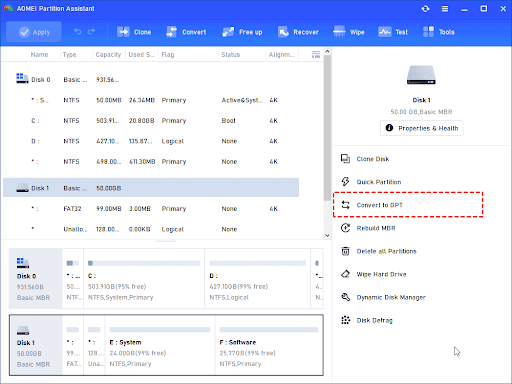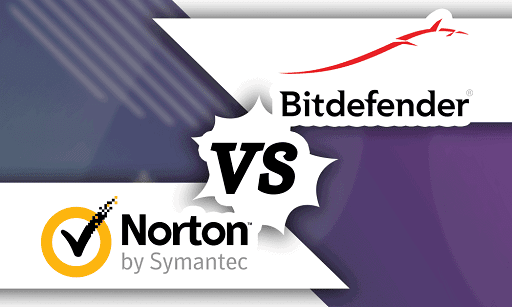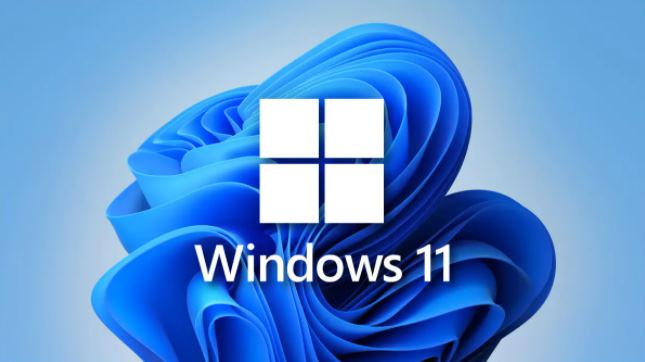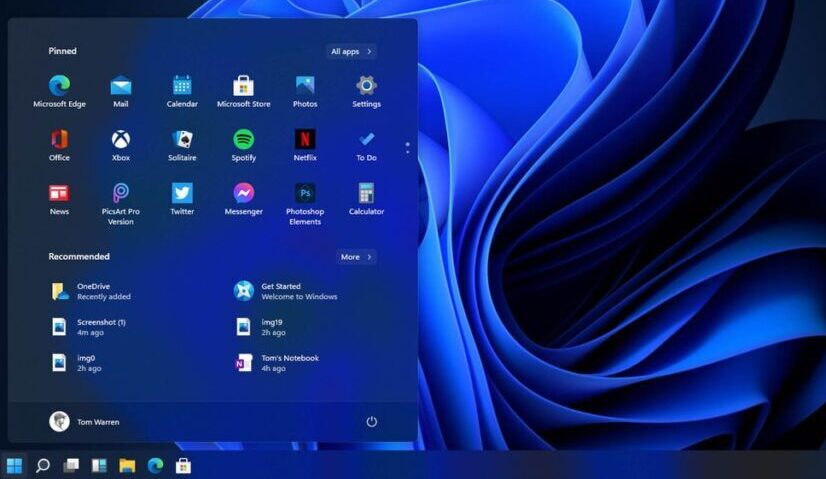Free VPN: If you know you want a VPN but don’t want to pay for yet another software subscription, it’s natural to look into getting a free VPN instead. On the surface, they appear to perform the same function as fully paid-for services, but without the cost. Very enticing.
However, you should proceed with caution before downloading. There are hundreds of free VPNs available on the internet and in your app store, and the vast majority of them are simply not very good. Some of the shadier-free apps harass you with intrusive advertisements and may even sell your data. And if you were trying to utilize it to stream or torrent, you’re probably out of luck.
However, if the only reason you want a VPN is to have a bit more protection on your laptop or mobile when using public Wi-Fi, the best free VPNs can do a decent job.
So, on this page, you will find our selection of the best solutions available for download right now. We evaluated the capabilities of the top free VPNs to determine which will keep your online activities private without cost. ExpressVPN may be our favorite premium service in the globe, but the best free VPN at the moment is ProtonVPN, as we explain below.

Free VPNs Vulnerability
Free VPN services may be free, but there is generally a reason for that: it means the provider will make a profit in some other way, either through invasive advertising or by selling your browser data to third parties.
Furthermore, free services tend to limit the amount of data you can use and the speed at which you can use it, making them completely useless for streaming video, torrenting, or providing an extra layer of dependable protection in your day-to-day online life. Also, don’t expect the kind of simple access support or server range that commercial providers provide.
So, before we go into our list of the top free VPN downloads, it’s worth noting that a paid-for version can cost as little as $2 a month and provide significantly greater performance and protection.
You may also like: How to Setup a VPN on Your Router: Update Guide
The best free VPN for 2025
-
ProtonVPN Free
ProtonVPN is our current recommendation for the best free VPN. While the fact that there are no limits on the amount of data you can use with your VPN is the standout feature, there’s a lot more to like.
But it would be remiss of us not to start with that top selling point. ProtonVPN does not impose any data limits. In other words, you can use as much data as you like each month, which is unusual for a free VPN company, as you’ll see below with the others in this guide.
The free version of this service has servers in three countries: the United States, Japan, and the Netherlands. Of course, there are clients for Windows and Mac, as well as apps for Android and iPhone.
We like the option to enable automatic connections when you boot up your computer on the desktop. There are also some odd features for freeware, such as split tunnelling and DNS leak protection.
There are, of course, limitations to the free plan to encourage users to upgrade to a paid-for option. The most apparent difference, in our opinion, is that free users are given lower priority when it comes to performance as compared to paid customers.
There is no P2P support, and speeds may reduce during peak periods when there are a lot of people around and paying customers to get precedence. And Proton makes it plain that if you want to use your VPN for streaming, you must upgrade to the Plus rate.
However, if you can live with all of that, this is an outstanding provider with a rigorous no-logging policy, and you can sign up with nothing more than your email address and a username of your choice. There are no advertisements on the website, let alone the client.
You may also like: Best VPN: Top Free Unlimited VPN for PC
-
Hotspot Shield Free VPN
Hotspot Shield’s premium version is among the best paid-for services on the web, so it’s no wonder that its free version is so popular.
The free plan limits users to 500MB of data each day (so around 15GB per month). That may appear to be a restricted limit, but in comparison to one or two on our list, it is one of the more generous ones (although, of course, not a patch on the unlimited data you get with paid-for services).
If security is your primary concern, Hotspot is on the same wavelength, promising the same military-grade encryption that other premium VPNs boast. In addition to security, Hotspot Shield Free received high marks in our testing for its ease of use. You won’t find the hair-pulling user experience given by certain competitors, whether on mobile or desktop.
We’ve seen the odd problem with the free Hotspot Shield download in the past. When Hotspot was turned on for a few weeks at the beginning of 2021, it completely disabled the ability to search on Google. All we got was an error, even though we attempted it from a range of places and devices. Thankfully, this problem looks to have been resolved.
If you pay $2.50 per month for the Premium version of Hotspot, you can choose to anchor yourself to one of the 70-odd countries, and this should allow you to access just about anything you want; in the free version, you’re limited to one US-based location that Hotspot Shield chooses for you, and you’ll have to put up with ads if you use Android.
You may also like: How to Manually Setup a VPN on Windows 11
-
Hide.me
Hide.me provides both commercial and free VPN services, with the latter providing 10GB of data per month. There are additional restrictions as well: you can only connect one device at a time and are limited to five server locations (including the US and a Canada VPN) rather than the 50+ destinations available to premium customers.
On the plus side, this provider will not throttle free users’ connection speeds, and Hide.me guarantees that it keeps no logs and stores no user data, thus it will not pass on any data to third parties to make a profit (simply because it doesn’t have any data to pass on). There are no advertisements here, either, and it even supports P2P on its five free VPN servers.
You get native software for Windows PC and Mac, Android and iOS, as well as intelligently designed clients and 24/7 technical support (which is in place even for free users). In our testing, performance was also remarkable. Overall, this is a more-than-solid-free product that aims to protect your privacy without imposing too many limits.
-
PrivadoVPN Free
PrivadoVPN is a new addition to our list of free VPN services. The company has recently made significant improvements with its paid offering, and the free version also impresses.
It may not be able to provide limitless use like Proton, but 10GB per 30 days will be more than enough for most individuals to have ready to go on their laptop and smartphone (it works with Windows, Mac, iOS, and Android) when they need it. Unless you have it on all the time or are bingeing on foreign streaming video, 10GB should be adequate.
Privado does have the upper hand over Proton in terms of server location breadth. There are servers in the United States, Canada, Mexico, the United Kingdom, Germany, France, the Netherlands, and Switzerland. That kind of global coverage is unusual for a free VPN, so it’s a definite benefit.
It doesn’t have the best server speeds, but we like that it has useful features like P2P servers (great for torrents), auto-connect, and a VPN kill switch. Another advantage it has over Proton is that it does not immediately prevent you from streaming.
Although we haven’t tried PrivadoVPN’s free app on major streaming services, the paid version works flawlessly with US Netflix, BBC iPlayer, Disney Plus, and Prime Video.
All of this bodes well for a VPN company on the upswing. So, if you’ve heard about PrivadoVPN and contemplated downloading it, you can do so with confidence.
You may also like: The Best VPN Services
-
Windscribe free VPN
Windscribe’s employees are fiercely and passionately proud of their free VPN service… and why shouldn’t they be? Because of its huge data allowance and commitment to protecting your privacy, it’s a really strong alternative.
As normal, you get 2GB of bandwidth each month, which isn’t much. However, if you’re willing to provide Windscribe with your email address, you can quickly upgrade to a more manageable 10GB.
The free version allows you to choose from 11 remote server locations, including the United Kingdom, Hong Kong, Germany, Canada, Turkey, and eight US VPN cities (at the time of writing). Because this is a ‘freemium’ model, there are some light nudges to sign up for the unlimited version if you enjoy what you see, but the upselling isn’t too annoying or aggressive.
It’s simple to get started with its desktop clients or incredibly handy Chrome extension – you’ll be jumping around the world on various servers in no time.
We don’t expect free VPNs to enable us to circumvent region restrictions on applications, websites, and streaming services. So we were ecstatic when Windscribe went above and above in our Netflix VPN testing.
Unlike most others, it provided us with full access to exclusive content in the United States, Germany, and the United Kingdom (as well as to BBC iPlayer in the latter). Of course, the data limit will prevent you from bingeing excessively, but it’s useful to know for the occasional program while traveling or commuting.
Windscribe does not save connection logs, IP addresses, or visited websites; when you’re actively connected to a server, it saves your username, the server you’re connected to, and the quantity of data exchanged, but this information is wiped three minutes after the session ends. If that isn’t enough to entice you, there’s also an adblocker, malware protection, and firewall built-in.
But first, a word about speed. Windscribe was less stable than some competitors, and it took a while to connect to a server at times. But, in the larger scheme of things, they’re small quibbles… did we mention it was free?
You may also like: VPN for Windows: Online Privacy with The Best VPN Service
-
Speedify
As the name implies, Speedify’s major goal as a free VPN provider is to ensure that, while you benefit from encryption, your internet connection remains as fast as possible.
To that aim, this service will utilize all available internet connections to provide the highest possible performance, possibly combining an Ethernet connection (fixed broadband) with a tethered mobile connection. Even if you just have one sort of internet connection, the company promises its turbocharging technology will help you get things done faster.
The free plan provides full access to those servers (as do the subscription plans), with the sole constraint being a limit on the quantity of data you can download.
Each month, free users receive 2GB of data. That’s not a massive allotment, and it’s certainly not as much as some of the other competitors you’ll see elsewhere on this page, but it’s more than others, and it’s still plenty for some basic surfing and email.
And this service is worth a look in terms of performance, as the aforementioned speed-granting methods did indeed seem to have a favourable influence throughout our testing.
-
TunnelBear
TunnelBear may have a cutesy aesthetic, but it’s a serious free option, especially now that it’s been acquired by security behemoth McAfee. There are both free and paid subscriptions available.
The main limitation of the free plan is that you are only allowed 500MB of traffic per month. That is a teeny-tiny amount, which means you can only use it when you feel like you need a little extra protection and want to go the free route.
You won’t be able to keep it on all the time, and you won’t be able to use it for torrenting or streaming. Using a service like ExpressVPN or NordVPN eliminates this issue.
But, at the very least, the free version does not restrict you to a subset of the premium service’s available servers, allowing you to access all 20+ countries. TunnelBear’s privacy policy was recently tweaked, so it now gathers even less data on users—deleting the requirement to provide a first name when signing up, and abandoning its record of the user’s total lifetime connections.
Are free VPNs dangerous?
While the biggest criticism levelled towards free VPNs is that they aren’t nearly as useful as paid-for options, there are serious risks associated with some proponents (thankfully not with the services pinpointed above).
For example, a 2020 study found that over 40% of free Android VPNs offered on the Google Play Store do not adequately safeguard their users’ privacy. As a result, the additional online security you expected simply does not exist.
You may also like: How to Install a VPN on a Fire TV Stick
How to choose a free VPN
Over the last few years, there has been an increase in worldwide challenges to individual privacy, with long-held rights to anonymity and net neutrality being challenged under the guise of legitimacy.
While virtual private networks are not a panacea for online safety, security, and privacy, they are an important tool in the arsenal of those who desire these liberties.
If you don’t already have one, you can get one for free, without having to pay a dime. However, keep in mind that not all free VPN providers are made equal, and some may potentially jeopardize your security.
Here are five questions to ask yourself before downloading and installing one.
-
How does it protect my PC?
Most providers encrypt your data while you surf the web using a desktop application that runs in the background.
However, this just addresses a portion of the issue. Because of the permissiveness of tracking solutions that can be found on practically all pages online, your laptop can still be fingerprinted. Some, such as Windscribe, take a more comprehensive approach by incorporating the equivalent of a super ad-blocker.
-
What do I lose by going free?
Typically, a free product will have some corners cut, and this is true for all providers. Some provide more free bandwidth than others, as well as significant locations and even ad filtering, P2P, and firewall with an easy paid upgrade route that unlocks infinite bandwidth, more locations, and OpenVPN configurations.
-
What is its business model?
Providers are in it for the money, and running such a business is expensive, especially if it is popular. Some, like Dropbox, will utilize their free version as a marketing tactic to attract potential consumers to upgrade to a paid version after they are satisfied with the free one.
Most, on the other hand, will sell user data or provide anything to a third party, jeopardizing your privacy yet again.
-
Can I sign up completely anonymously?
For optimum privacy, having a service that you can subscribe to without providing an email address and one that accepts Bitcoin payments is about as good as it gets online. Some providers additionally feature double hopping, which allows you to further disguise your data by essentially doubling down on anonymity.
-
Does your provider log anything?
Ensure that your service provider does not save your users’ online behaviour. You may normally find this information on the terms and conditions page or in the end-user licensing agreement, abbreviated as EULA.
Unfortunately, many providers prefer to irritate end customers with lengthy terms and conditions or privacy statements that frequently conceal important information about how they work. On the other end of the spectrum, some services will delete everything after your session ends and do not store records.
Would you like to read more about free VPN-related articles? If so, we invite you to take a look at our other tech topics before you leave!
Use our Internet marketing service to help you rank on the first page of SERP.
![]()













